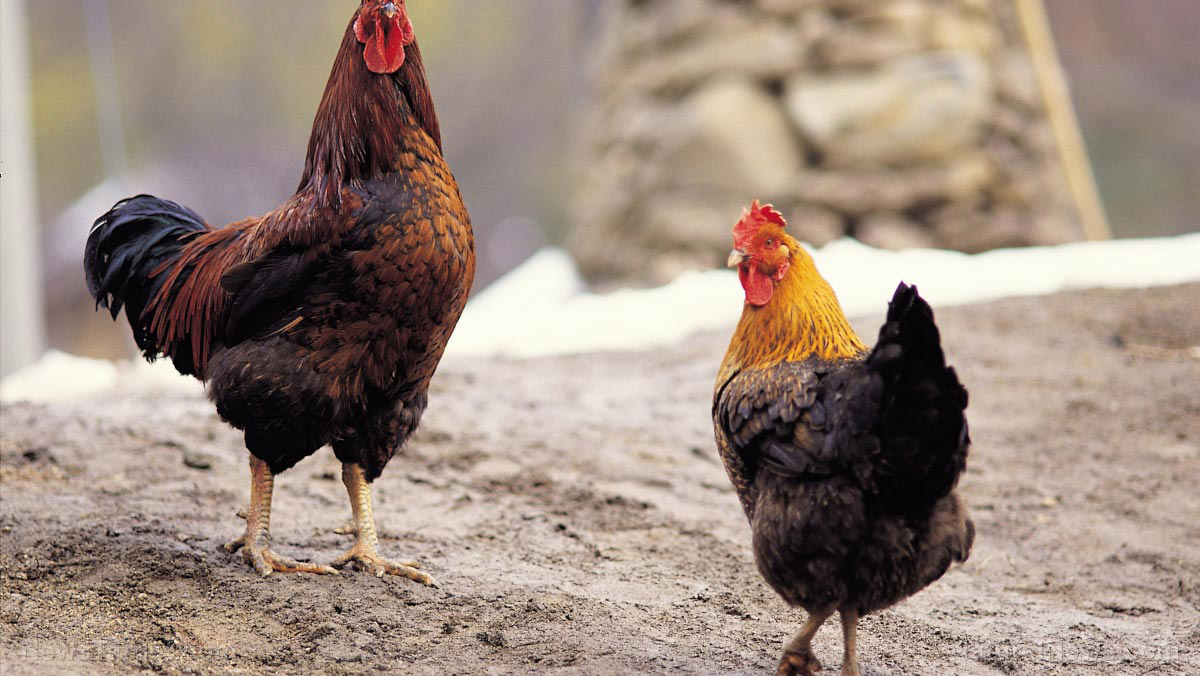
Fresh-cut foods and shelf life extension methods
Fresh-cut products are defined as ready-to-eat foods like fruits and vegetables that have already been cleaned, peeled and conveniently prepared for human consumption. Unlike their unprocessed counterparts, fresh-cut produce no longer have their protective outer covering, so they are more vulnerable to food spoilage.
Several methods have been developed to preserve fresh-cut products and help them retain their fresh-like quality. Some of these methods include:
- Washing with disinfectants such as hypochlorite, organic acids and warm water
- Using antimicrobial edible films and coatings
- Controlled atmosphere storage
- Modified atmosphere packaging
Alginate is a polysaccharide (carbohydrate) found in the cell walls of brown microalgae. It is usually extracted from the brown seaweed called Phaeophyceae and is used to make antimicrobial films and coatings for foods. Alginate-based edible coatings can reduce dehydration, control respiration and enhance the appearance of food products, among other things. These make them very suitable for food preservation purposes. (Related: Coconut oil is a versatile and natural antioxidant that can be used in food preservation.)
Pulsed light technology is a relatively new method that doesn't rely on high temperatures. Unlike traditional thermal processing, non-thermal methods don't affect the nutritional content of foods and are even better at maintaining food quality attributes. Pulsed light can be used to decontaminate the surface of foods or their packages and as an alternative to ultraviolet light treatments.
An optimized alginate coating formulation for the preservation of fresh-cut cantaloupes
According to the researchers, interest in fresh-cut cantaloupes is growing due to the convenience they provide and the fresh-like quality they possess. However, the fresh-cut processes they undergo cause tissue injury, which makes fresh-cut cantaloupes more susceptible to microbial contamination and deterioration.
Pulsed light treatment is a non-thermal technique used to preserve fresh-cut fruits. This treatment can inactivate microorganisms effectively. Unfortunately, pulsed light treatment alone cannot preserve the quality of fresh-cut fruits. On the other hand, hurdle technology, which combines RPL and edible coating, provides an excellent way of extending the shelf life of fresh-cut fruits.
Based on their experiments, the researchers reported that the optimal coating formulation for preserving fresh-cut cantaloupes is 1.86 percent alginate and 1.47 percent glycerol. Combined treatment with the coating and RPL -- done every 48 hours for the first 26 days of the fresh-cut fruit's 40-day storage at 4 C -- successfully prolonged the shelf life of fresh-cut cantaloupe.
In addition, the alginate-based coating reduced fluid loss while maintaining the fruit's physicochemical properties, which include headspace gas composition, firmness, color, pH, titratable acidity and phytonutrient content.
Based on these findings, the researchers concluded that the combined treatment (RPL and coating) can be used to preserve fresh-cut cantaloupes and is more effective than either RPL or edible coating alone. This, they believe, can be useful to food producers who want to commercialize fresh-cut products.
Sources include:
Please contact us for more information.























